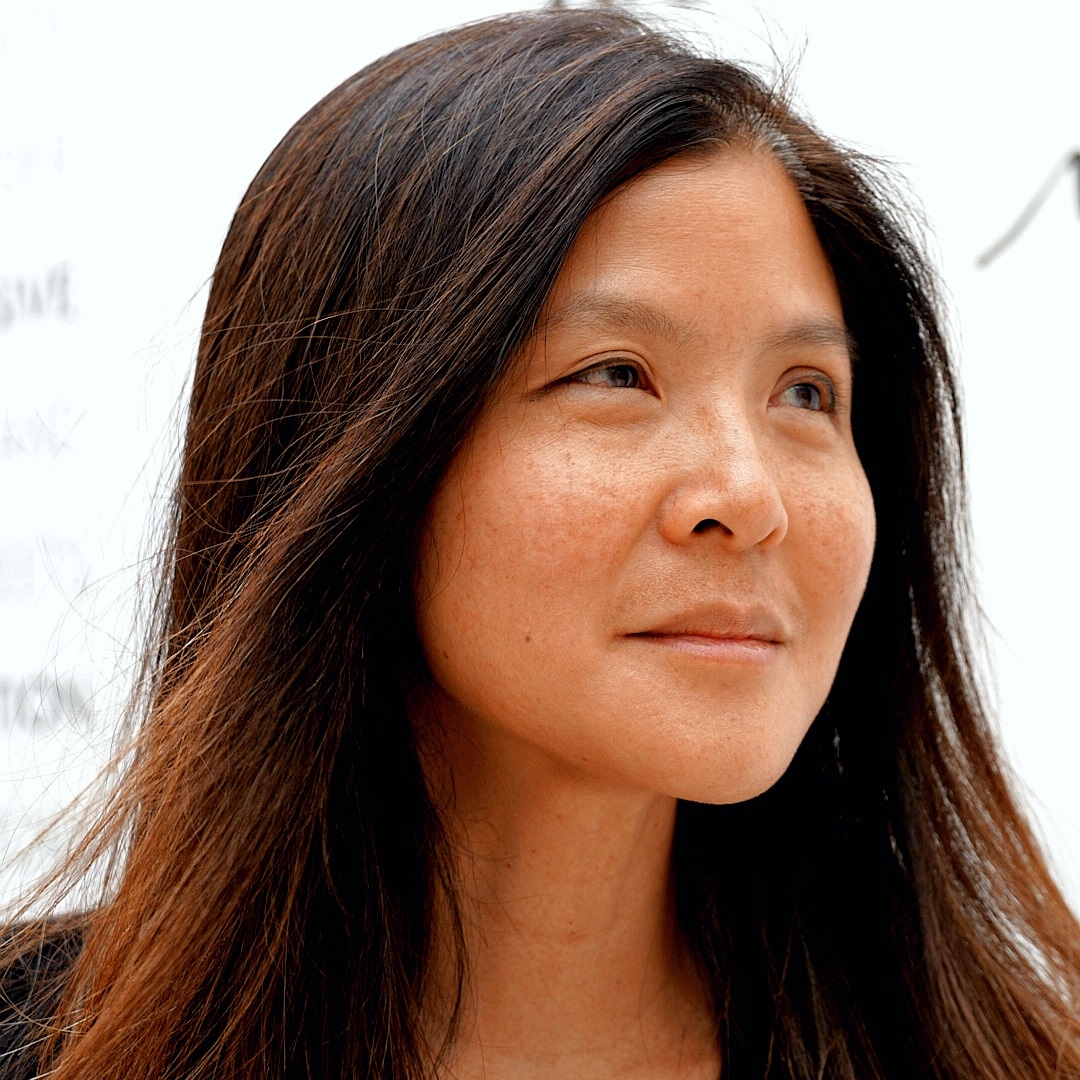
Valerie Voon
Deep brain stimulation for refractory addiction: can modification of brain activity alter substance use relapse risk?
Background: Addictive disorders are a major global public health issue. Many patients remain treatment refractory. Addictive disorders are characterized by abnormalities in brain networks interacting with genetics and environment. Could new methods of altering brain activity alter the extent of addictive drive and alter relapse risk? Are there risks (and, if so, what)? Is the notion of neuro-surgery acceptable to patients and to society?
Deep brain stimulation (DBS) is a neurosurgical procedure involving the insertion of small electrodes delivering high frequency stimulation to normalize abnormal brain activity. DBS is highly effective for refractory Parkinson’s disease (FDA approved since 2002) and other movement disorders and shows Class A evidence of efficacy for obsessive compulsive disorder (OCD) (FDA exemption device approval, 2009). More than 250,000 individuals world-wide have DBS devices inserted. Multiple global studies are underway investigating the potential of DBS for alcohol and opioid use disorders with evidence for safety demonstrated and FDA Breakthrough Device status granted (2022).
Method: This talk will present an MRC-funded multicentre study on DBS for alcohol and opioid use disorders. The neurosurgical target is the same as that used in OCD. We will present the rationale for DBS for addictions, patient criteria, the new clinical trial, and evidence for safety.
Conclusions: Treatment refractory addictions are associated with high morbidity and mortality rates from suicides and overdoses: they warrant therapeutic consideration and opportunities, as with other serious neurological disorders, including access to novel interventions, considered sufficiently safe in other domains, with risks that can be mitigated.